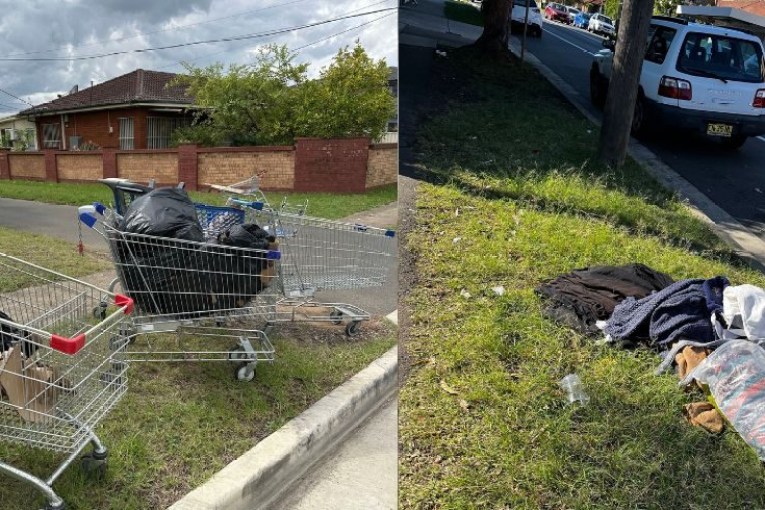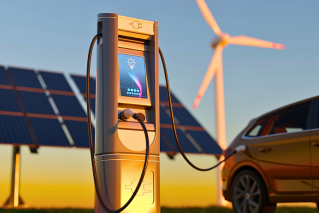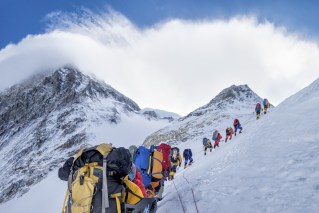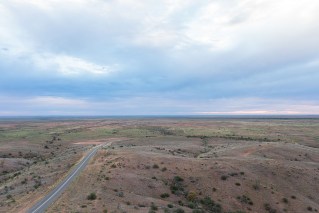Climate change and extreme weather events have doctors worried

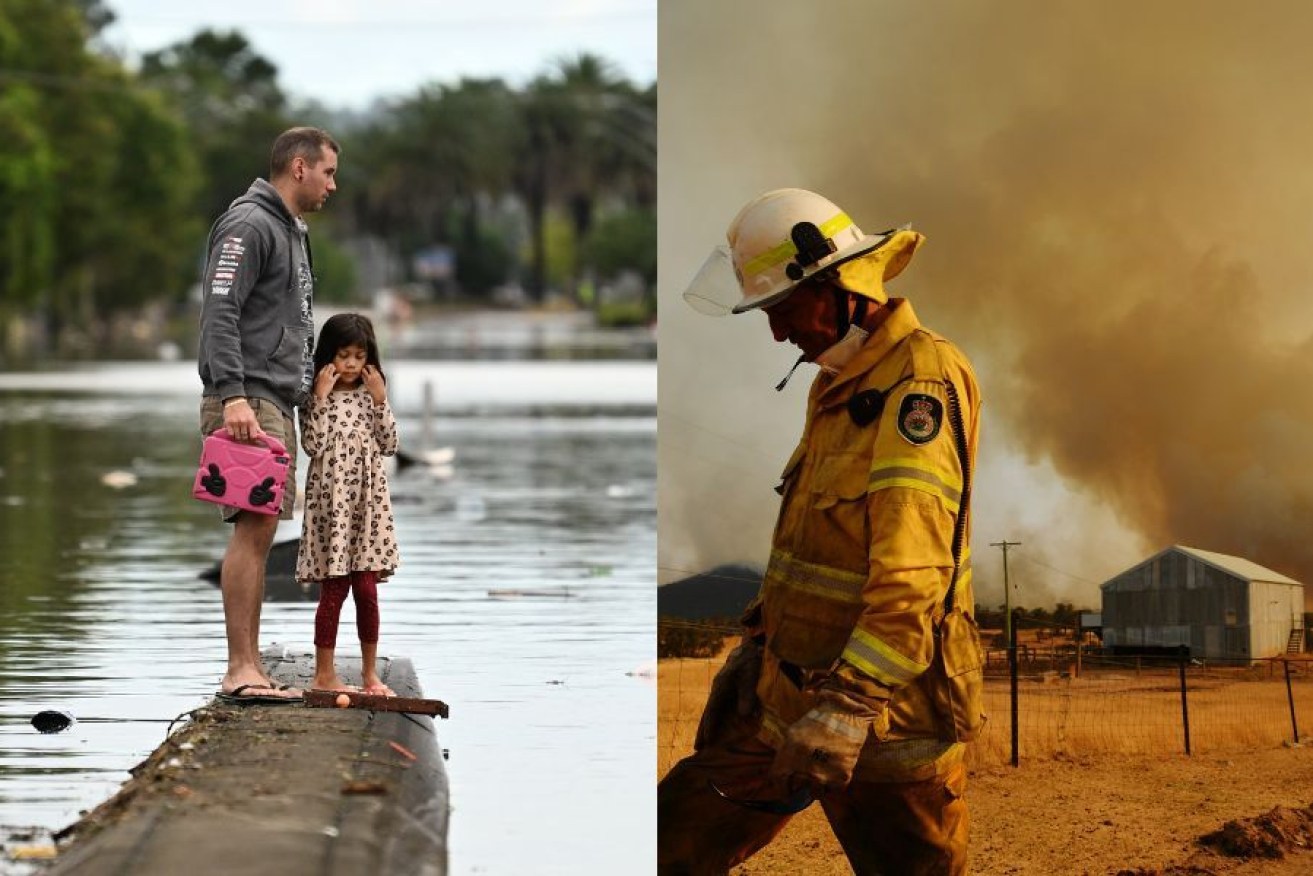
Australians are anxious about climate change, or already suffering from the physical effects of it. Photo: Getty
As La Nina begins to dwindle and El Nino looks likely to replace it, doctors are warning the extreme weather conditions will not only be destructive to things like homes and infrastructure, but also human health.
Australia’s east coast deluge in 2002 was devastating, and now there’s a flooding crisis in Western Australia’s Kimberley region, leaving communities cut off and homes inundated.
The threat and implications of climate change and extreme weather go far beyond the obvious.
“Climate change is a health issue and we need to treat it just like we treat any other life-threatening health problem,” Doctors for the Environment Australia (DEA) board member Kate Wylie told The New Daily.

Floods devastated many communities around Australia in 2022 and already in 2023.
Climate change affects all parts of society
Dr Wylie said climate change has and will continue to have far-reaching impacts in every corner of society – including our health.
“We are creating a world that is increasingly unliveable for humans,” she said.
“That threatens our infrastructure, our ability to feed and water ourselves, also our food security and it means lots of infectious diseases.”
As an Adelaide GP, Dr Wylie cannot ignore climate change and how our health care system is not equipped to deal with all that will come.
“It’s really part of our duty of care, looking after people to make sure that we’re climate active, that we’re doing everything we can to avert the worst of the climate emergency and protect human life,” she said.
When an extreme weather event happens, there is always a health risk.
In a flooding event, infrastructure can breakdown, leaving people cut off from internet, health care or accessing their medications.
Water supplies can be cut off leading to water and food insecurity, plus there’s a risk of infectious diseases, Dr Wylie said.
On Wednesday, NSW Health issued an alert about Murray Valley encephalitis being detected near Menindee.
The deaths from devastating bushfire events were horrific, but what Dr Wylie found to be particularly awful were the deaths and health problems from smoke inhalation.
“We’ve got long-term problems with health care and when you have a massive heat-related event or you have massive flooding-related events, then that puts extra pressure on emergency departments, that are already under the pump and not coping,” she said.

Bushfires devastated Australia in 2019-2020 and there’s a chance we could have another horrific bushfire season soon.
The impact on mental health
About one-third of her work as a GP is dedicated to mental health problems, with Dr Wylie seeing patients who are very anxious about the future.
“I now routinely screen for climate anxiety and eco-grief and it’s everywhere. Lots of people are really scared. People are really worried – they feel betrayed by their governments over the lack of action,” she said.
“They feel pretty cynical about the future, and they’re scared about what the future is going to hold for them and their children.”
It’s not just young people who are worried, but grandparents who fret about the lives their children and grandchildren will lead in the climate crisis.
She also has patients who don’t want to bring children into the world, solely because they are worried about what the future will hold, which Dr Wylie finds “devastating”.
What can we do?
It is all very overwhelming, but it’s important people remember they are not alone and they can engage their support system, Dr Wylie said.
“Express your emotions around this because we know that most Australians are worried about the climate,” she said.
“Let’s have this conversation rather than pretending it’s not there because when we talk about it, then we realise this person cares as well as I care.”
Dr Wylie suggests joining a group or movement that is fighting for change to find a way to make a “positive contribution”.
She said if you’re incapacitated by climate grief or anxiety, or your physical health is affected, reach out to your GP.

Extreme weather events can put Australia’s health system under the pump.
Climate Council’s Lesley Hughes, who is also Emeritus Professor at Macquarie University, said Australians will remember 2022 for the “great deluge” that left a trail of destruction – and was supercharged by climate change.
“The climate risk to Australians is likely to remain high over the coming summer, with more rain and flooding expected in saturated catchments, a high chance of more tropical cyclones, and warnings of a major Japanese encephalitis outbreak that could affect up to 750,000 people,” Professor Hughes said.
El Nino, which would bring warmer and dry conditions could mean another repeat of the 2019-2020 bushfires.
“There is nothing natural about these disasters. They are being unleashed on Australians by decades of reliance on fossil fuels,” Professor Hughes said.
“In Australia, these same companies are enjoying billions in public subsidies. It’s high time we end fossil fuel subsidies and use the savings to create a climate disaster fund so that we can help communities deal with the fallout of compounding and worsening disasters.”
Former Commissioner of NSW Fire and Rescue and founder of the Emergency Leaders for Climate Action, Greg Mullins, warned bushfires are becoming “far more frequent and severe”.
“Australia’s current disaster planning and management systems are struggling to keep up with escalating disaster threats fuelled by climate change,” he said.
“In recent years, we have seen emergency responders overwhelmed by the scale, speed, and severity of extreme weather events, like the 2022 floods and Black Summer bushfires.
“Long-term recovery operations are also more challenging because disasters are striking more frequently.”
